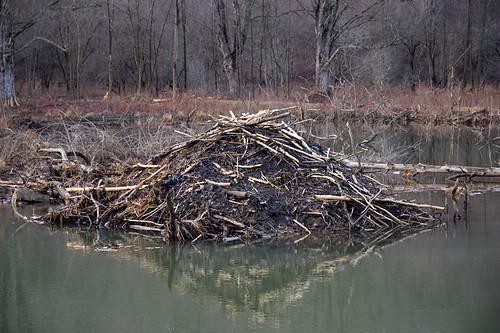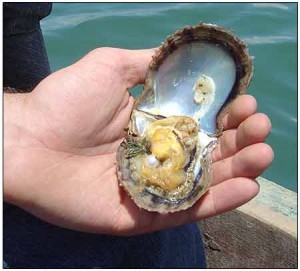We are just about coming to the end of the classroom management section of my summer course (Teaching French as a 2nd Language). The more I learn about classroom management the more I realize that most of it is about being human and doing the right thing.
Strategies that arose in relation to managing a 2nd language classroom in a way that stimulates learning weren’t much different than strategies for any class:
- Provide clear expectations with consistent consequences
- Ensure a lot of visual stimuli around the room
- Respect where the student is coming from (in terms of culture, readiness, needs…)
- Ensure the availability of (French) documents and resources (from posters to books to brochures to maps to dictionaries)
- Promote the French culture (this could be a culture of math, science, literature…)
- Provide authentic learning situations that keep students engaged
- Provide alternate work spaces for students who need to move during the lesson
The one thing I’d say is different has to do with the nature of the emotional climate in the room – learning a 2nd language can be scary and stressful. It’s very much about performance in front of our peers and worries about being laughed at and ridiculed will take precedence over learning.
“We now understand that higher-level thinking is more likely to occur in the brain of a student who is emotionally secure than in the brain of a student who is scared, upset, anxious, or stressed.” (p. 461)
— Mawhinney, T., & Sagan, L. (2007) The Power of Personal
Relationships. Phi Delta Kappan, Vol. 88, No. 06, 460-464. (pdf)
I’d say, however, that each subject probably has its own emotional climate to deal with. There are times as teachers that we act as containers for the emotion in the room, in the sense that we manage and contain student emotion so that they can continue with their learning. No wonder we are often so tired at the end of the day!
Do you think that classroom management is about being human and can transcend subject matter? Or do you think it is about something completely different? Does your subject have a specific nature that calls for specific management strategies?


